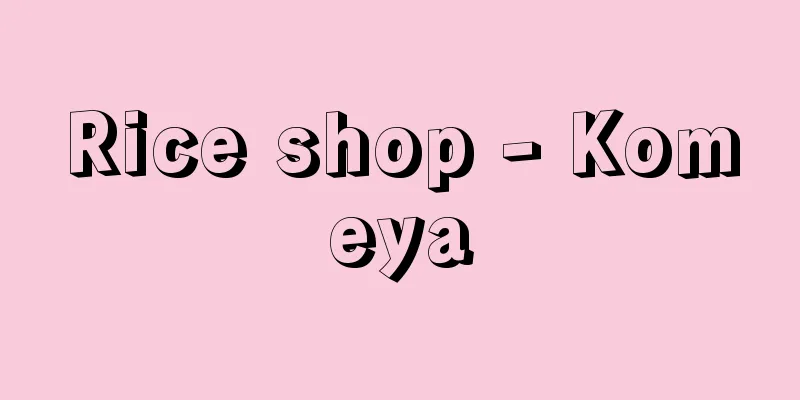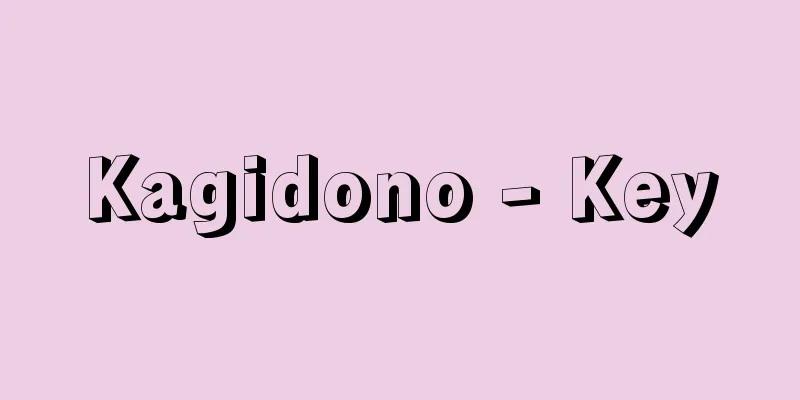Ore bed

|
It is a deposit that occupies a specific stratum (position in the stratigraphy) in the piled up sedimentary rocks, and there are layers of chemical precipitation such as metal sulfides formed in reducing water and iron oxides formed by the appearance of oxygen in the Proterozoic era that settled to the bottom of the water. Other layers include evaporites such as halite and gypsum, and alluvial deposits such as gold dust that have been physically sorted. Unlike kuroko deposits, no evidence of volcanic activity has been found. Famous copper deposits include the Copper Belt in southern Africa, which stretches for hundreds of kilometers, and the copper-bearing shale that stretches from Britain to Poland, where copper minerals are contained in dolomite shale. Lead-zinc deposits such as Mount Isa and McArthur River in northern Australia show clear sedimentary structures of fine-grained sulfide minerals. Evaporites are found near these deposits. Rammelsberg in central Germany, which has no evaporites, is a lead-zinc sulfide deposit that precipitated in a reducing ocean. In addition, the banded iron oxide deposits in Australia and other places are the most important iron resources, and manganese is also important in the form of oxide and carbonate deposits. [Mutsumi Mogi] [References] | | | | | | | | |Source: Shogakukan Encyclopedia Nipponica About Encyclopedia Nipponica Information | Legend |
|
累重する堆積(たいせき)岩のなかのほぼ特定の層準(層序上の位置)を占める鉱床で、還元性の水中で形成された金属硫化物や、原生代に酸素が出現してできた酸化鉄などが水底に沈殿した、化学的沈殿による鉱層がある。このほかに岩塩や石膏(せっこう)などの蒸発岩や、物理的淘汰(とうた)による砂金などの漂砂鉱床も鉱層である。黒鉱鉱床と異なり火山活動の形跡は認められない。 銅の鉱層としては延長数百キロメートルに及ぶ南部アフリカのカッパーベルトCopper Beltや、イギリスからポーランドまで続く含銅頁岩(けつがん)が有名で、ドロマイト(苦灰岩)質頁岩に銅鉱物が含まれている。鉛・亜鉛の鉱層で北部オーストラリアにあるマウントアイサMount IsaやマッカーサーリバーMcArthur Riverは、細粒の硫化鉱物が明瞭(めいりょう)な堆積構造を示している。以上の諸鉱床の近くには蒸発岩がある。蒸発岩のないドイツ中央部のランメルスベルクRammelsbergは、還元性の海中で沈殿した鉛・亜鉛の硫化物鉱層である。 このほかオーストラリアなどの縞(しま)状酸化鉄の鉱層は、鉄資源としてもっとも重要な鉱床である。またマンガンも酸化物や炭酸塩の鉱層が資源として重要である。 [茂木 睦] [参照項目] | | | | | | | | |出典 小学館 日本大百科全書(ニッポニカ)日本大百科全書(ニッポニカ)について 情報 | 凡例 |
>>: Huáng zhuāng (English spelling)
Recommend
Innate Releasing Mechanism
Sometimes abbreviated as IRM. It is considered the...
Malignant lymphoma
What kind of disease is it? ●Main symptoms and cou...
Sabah - Fat'Alī Khān abā (English spelling)
Persian poet. Born in Kashan. He first served the...
Gentian (Gentiana scabra var. buergeri; gentian)
A perennial plant of the Gentianaceae family. The ...
Ghassanid Dynasty - Ghassan Dynasty
The Ghassanid dynasty was founded in the 4th centu...
Kan Kikuchi
Novelist and playwright. Born December 26, 1888 i...
provinciano
…In South America, it often refers to the citizen...
transfer line
…Generally, in mass production where a specific v...
Karthiya Niputra - Karthiya Niputra
…He belongs to the Sarvastivada school, a branch ...
Hakama - Keiko
A type of modern court dress for women. The attir...
Boomerang - Boomerang (English spelling)
A hunting tool used by Australian aborigines. It ...
Elsa Wildlife Foundation
…She was also an accomplished painter, producing ...
Innami stone
This stone is mined near Tatsuyama in Iho Town, T...
Anáhuac Plateau - Anáhuac Plateau (English spelling)
A plateau in central Mexico. Anahuac means "...
ROM - ROM
Abbreviation for read-only memory, which is a rea...









